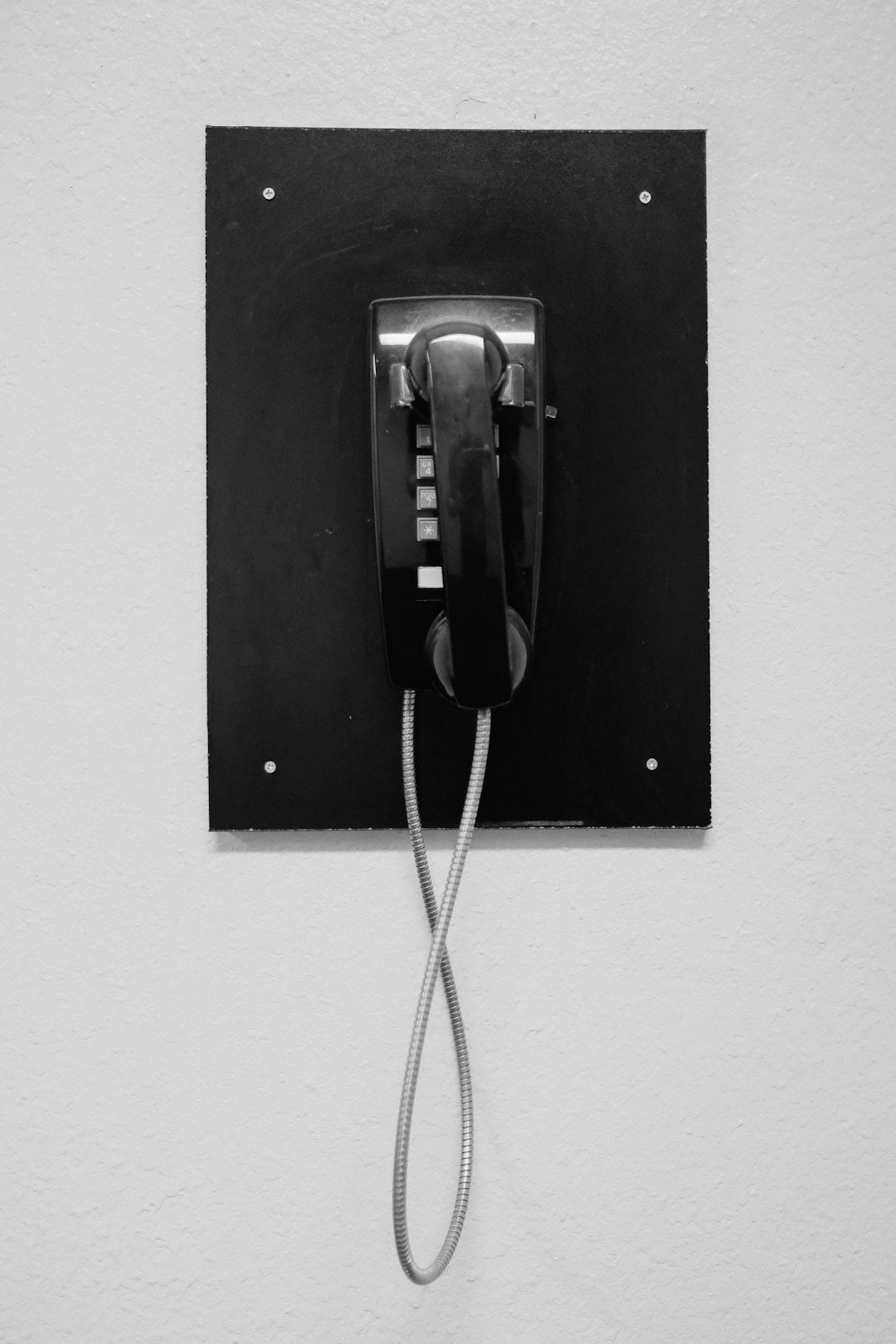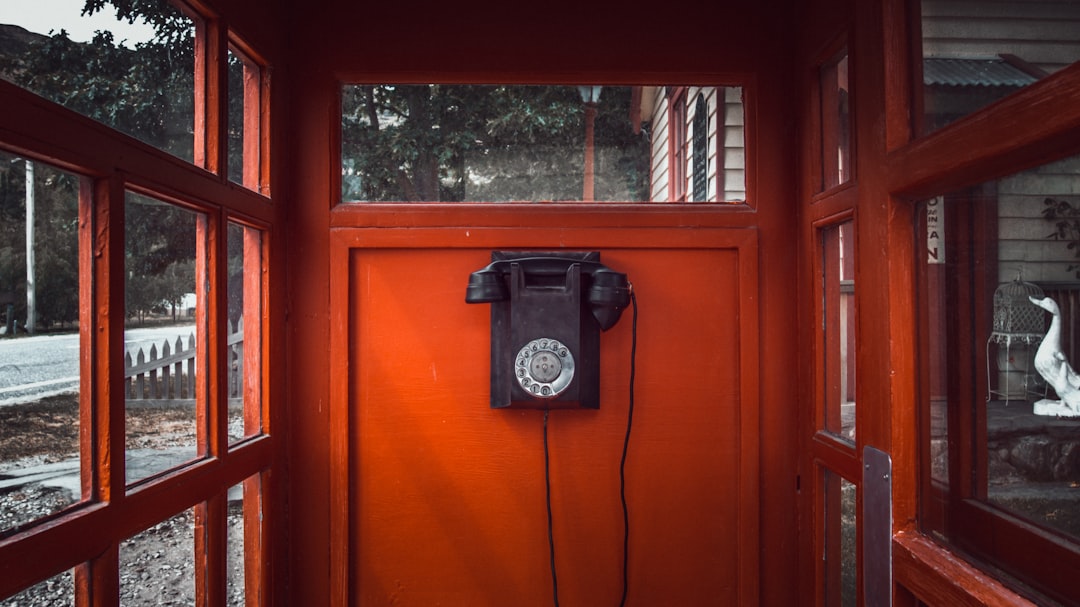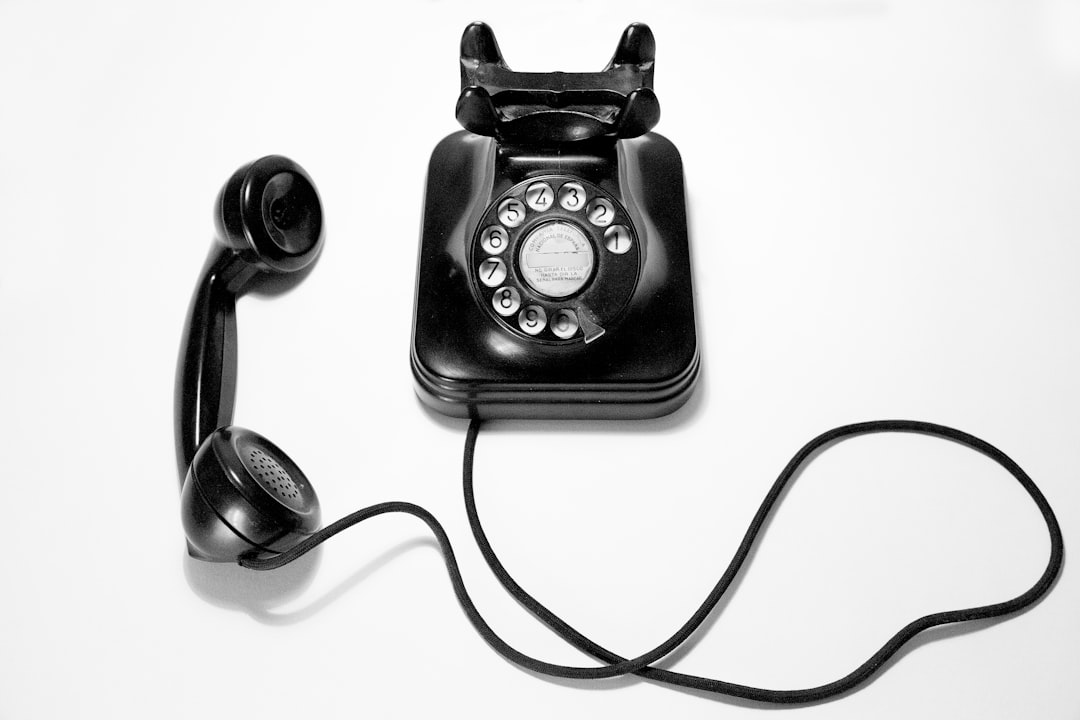Unwanted robocalls are illegal under Federal Do Not Call (DNC) laws and Minnesota's strict DNC regulations. Consumers can protect themselves by registering on the state's registry, suing for damages, and consulting a lawyer for Do Not Call Laws Minnesota. Businesses face significant fines for violations, emphasizing the need for compliance to avoid legal issues.
In today’s digital era, robocalls have become a ubiquitous yet often unwanted part of our daily lives. While federal Do Not Call laws offer some protection, state-specific regulations, like those in Minnesota, provide additional safeguards. This article delves into the intricacies of robocall restrictions under both federal and state laws, exploring legal implications for call centers, consumer rights, and enforcement mechanisms. For Minnesotans seeking recourse, understanding these rules is crucial, especially when considering hiring a lawyer specialized in Do Not Call Laws.
Understanding Federal Do Not Call Laws

The Federal Do Not Call (DNC) laws, enforced by the Federal Trade Commission (FTC), are designed to protect consumers from unwanted telephone solicitations. These laws provide a way for individuals to opt-out of receiving marketing calls. In the United States, most businesses are required to respect the DNC list, which is a comprehensive database of phone numbers that have opted out of telemarketing calls. The rules are clear: companies cannot call numbers listed on this registry.
In Minnesota, as in many other states, consumers can register their phone numbers with the state’s Do Not Call Registry. This further reinforces the federal laws and offers additional protection to residents. A lawyer specializing in Do Not Call Laws in Minnesota can guide individuals through the process of registering their numbers and enforcing their rights against robocallers who disregard these regulations.
State-Specific Restrictions: Minnesota's Rules

In Minnesota, robocalls are subject to specific restrictions aimed at protecting residents from unsolicited and intrusive phone marketing. The state’s Do Not Call laws are among the most stringent in the nation, offering residents robust protections against unwanted calls. These rules are enforced by the Minnesota Attorney General’s Office, which takes seriously violations of do-not-call rights.
Under Minnesota law, businesses and organizations must obtain explicit consent before placing automated calls to consumers for marketing purposes. Failure to comply can result in significant fines. Additionally, Minnesota residents have the right to register their phone numbers on the state’s Do Not Call registry, effectively blocking most robocalls. This makes Minnesota a prime example of how state-level regulations can empower citizens to control their privacy and reduce nuisance calls. For those facing persistent or illegal robocalls, consulting with a lawyer specializing in Do Not Call Laws Minnesota can be a crucial step towards asserting their rights.
Legal Implications for Robocallers

Robocalls, while a common marketing tactic, can violate federal and state laws if not conducted responsibly. In the United States, the Telephone Consumer Protection Act (TCPA) restricts automated calls to cellular phones, requiring explicit consent from recipients. Violating this law can lead to significant legal repercussions for robocallers, including monetary fines and class-action lawsuits.
In Minnesota, Do Not Call Laws further protect residents from unsolicited phone marketing. A lawyer specializing in Do Not Call Laws Minnesota can advise on compliance and potential violations, ensuring businesses respect consumer privacy. For robocallers, understanding and adhering to these regulations is crucial to avoid legal issues and maintain public trust.
Consumer Rights and Recourse

Consumers have powerful tools at their disposal when it comes to dealing with robocalls, thanks to federal and state regulations like the Telephone Consumer Protection Act (TCPA). If a consumer feels they’ve been harassed or disturbed by unwanted calls, they have legal recourse. A lawyer specializing in Do Not Call laws, such as those in Minnesota, can help individuals navigate these regulations and pursue damages if necessary.
The TCPA allows recipients to sue for monetary compensation for each violation of the law, which includes unauthorized automated or prerecorded calls. This can result in substantial penalties for violators, making it a strong deterrent for companies engaging in spamming practices. Consumers who have experienced persistent robocalls despite registering their numbers on the National Do Not Call Registry can file complaints with the Federal Trade Commission (FTC) and seek legal advice from a Minnesota lawyer specializing in this area to explore their rights and options.
Enforcement and Penalties: Staying Compliant

Enforcement of Do Not Call laws, both at the federal and state levels, is taken seriously. Violations can result in significant penalties, including substantial fines and legal repercussions. If you’ve received unwanted robocalls despite being on the National Do Not Call Registry or a similar state-specific list, there are steps you can take. Consulting with a lawyer specializing in Do Not Call Laws in Minnesota, for instance, can help you understand your rights and options. They can guide you through the process of filing a complaint with relevant authorities and ensure your rights are protected.
Staying compliant is crucial to avoid these issues. Businesses must adhere to strict guidelines regarding telemarketing practices and obtain explicit consent before contacting consumers. Regularly reviewing and updating internal policies related to robocalls is essential, especially with evolving legal frameworks. By taking proactive measures and ensuring compliance, businesses can minimize the risk of enforcement actions and penalties associated with Do Not Call Laws.






